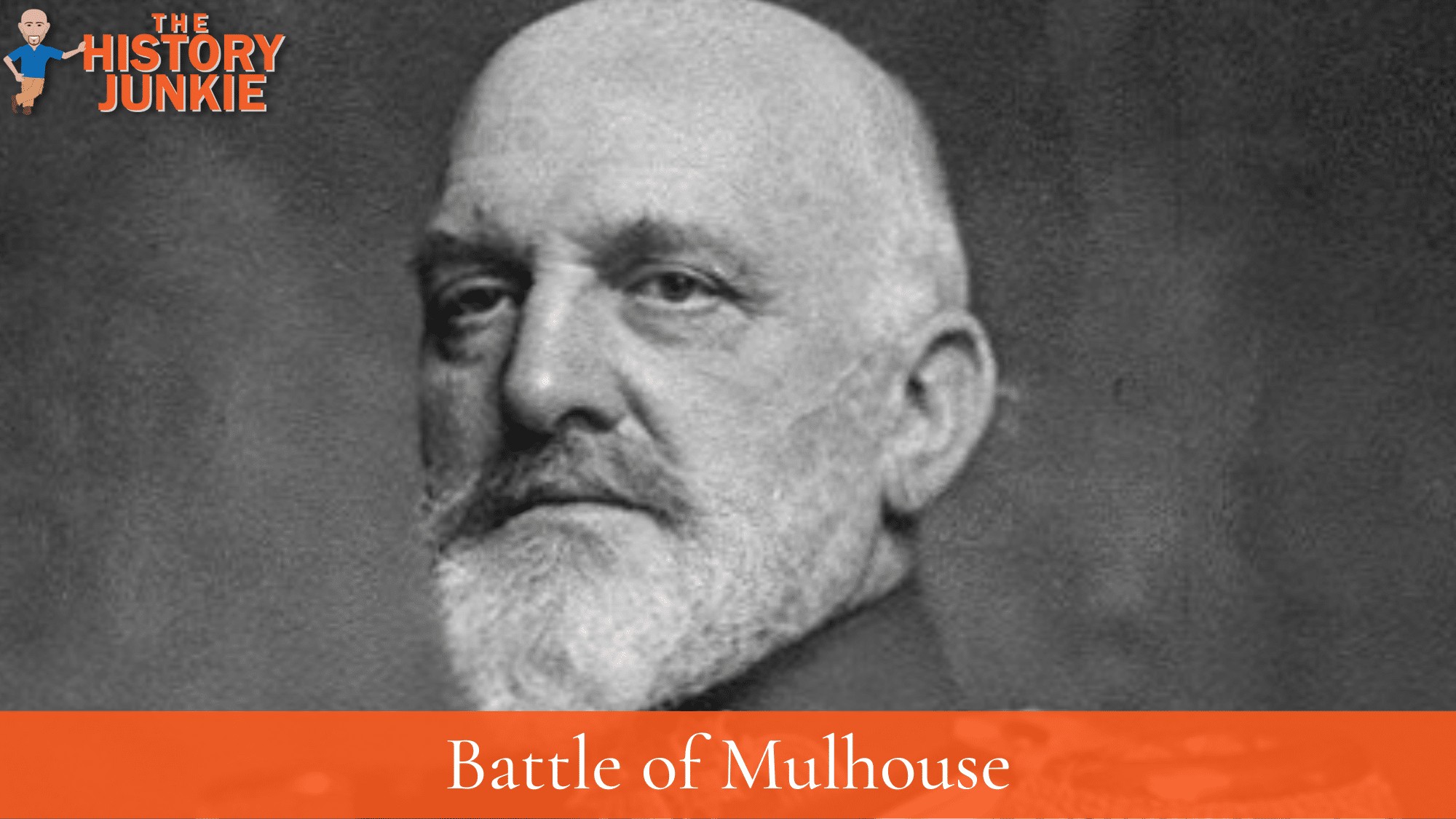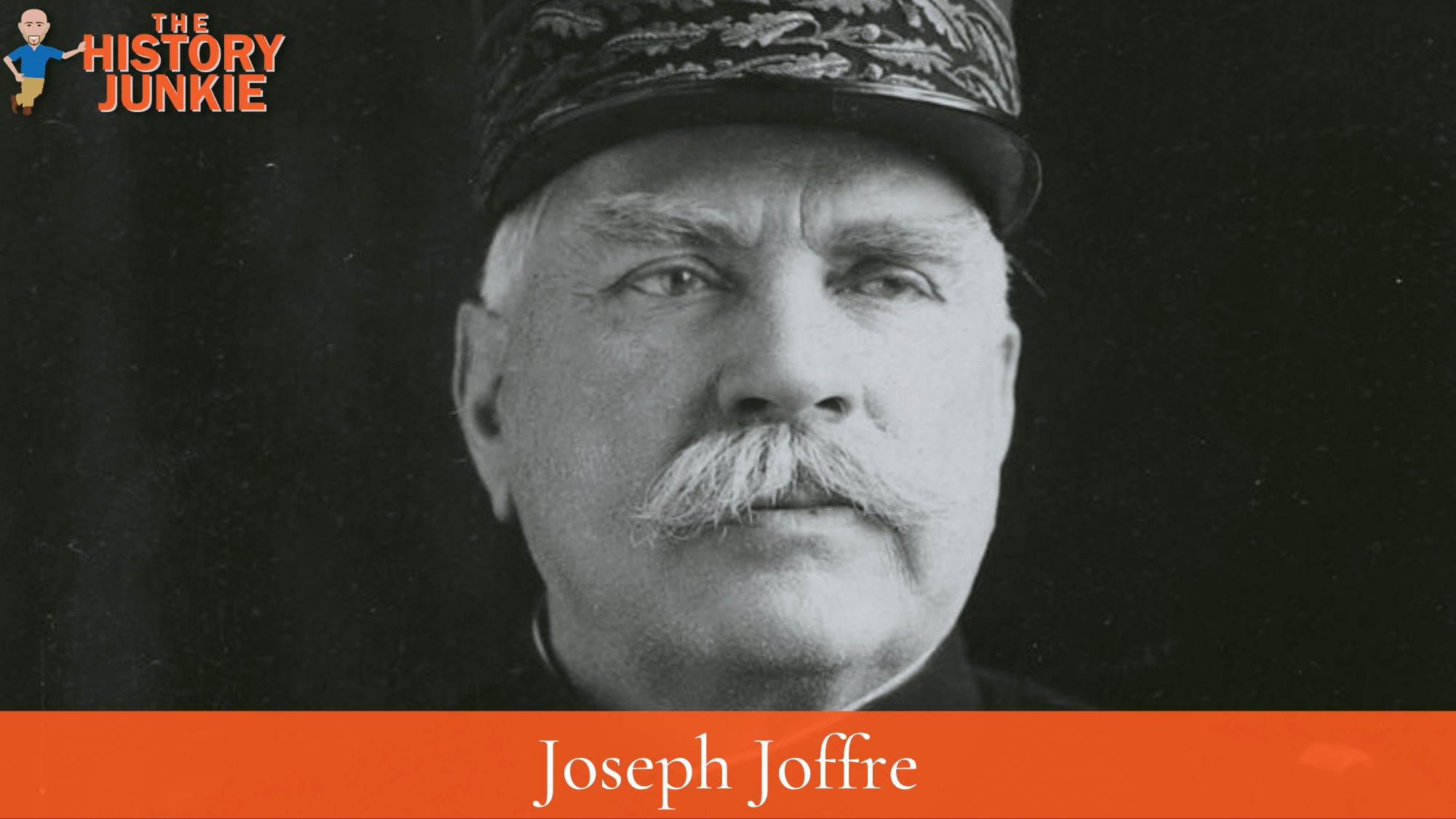The Battle of Mulhouse was one of the various Battles of the Frontiers that took place from August through the beginning of September 1914.

At this point, much of the Germany Army was still in Belgium at the Battle of Liege but were making progress and would soon be continuing their invasion.
The Belgians had fought bravely, but the Germans were too powerful. This was the beginning phase of the Schlieffen Plan that was being implemented by the German forces in order to overwhelm the other European powers.
Jump to:
French Offensive
The French had their own war Strategy that they were planning to put into motion called Plan XVII. This aggressive offensive took aim at capturing the cities of Alsace and Lorraine, which were two cities the French lost during the Franco-Prussian War.
Despite the French wanting to recapture their cities, the city of Alsace was important for tactical purposes. Alsace would be in a position to defend the French army flank from invasions from the north.
General Louis Bonneau was in command of the French forces, while General Josias von Heeringen was in command of the German forces. The French would make the first move.
The French quickly moved on the town of Altkirch and found little resistance to their bayonet charge. This caused concern for General Louis Bonneau, who worried about a possible ambush. The next day, he continued his march to the Rhine River and shortly after taking control of Mulhouse without any opposition. This caused many celebrations in France, but the celebration was short-lived.
However, the Germans mounted a counter-attack and used their reserves. Bonneau's lack of reserves and inability to give a stiff defense led to his withdrawing slowly from the city.
In response to Bonneau's withdrawal, the Commander-in-chief, Joseph Joffre, sent in a reserve division, but it was too late to push the Germans back out of the town. Bonneau withdrew to the town of Belfort, which allowed him to avoid encirclement.

Aftermath
Joseph Joffre was infuriated with General Bonneau and accused of not being aggressive enough. Joffre quickly removed Bonneau and placed General Paul Pau in command of the forces.
Troops in the first French invasion of the war had encountered the extent of German firepower and the consequences of some of the flaws in the French army, which had an excess of elderly commanders, a shortage of regimental officers, and was deficient in supplies of maps and intelligence.
Despite tactical instructions stressing combined-arms operations and the importance of firepower, cavalry and infantry were poorly trained and attacked swiftly, with little tactical finesse.
The German XIV and XV corps had been diverted from their concentration areas and, by August 13, had become exhausted and disorganized by the battle.
Those citizens of Alsace who unwisely celebrated the appearance of the French army were left to face German reprisals.
